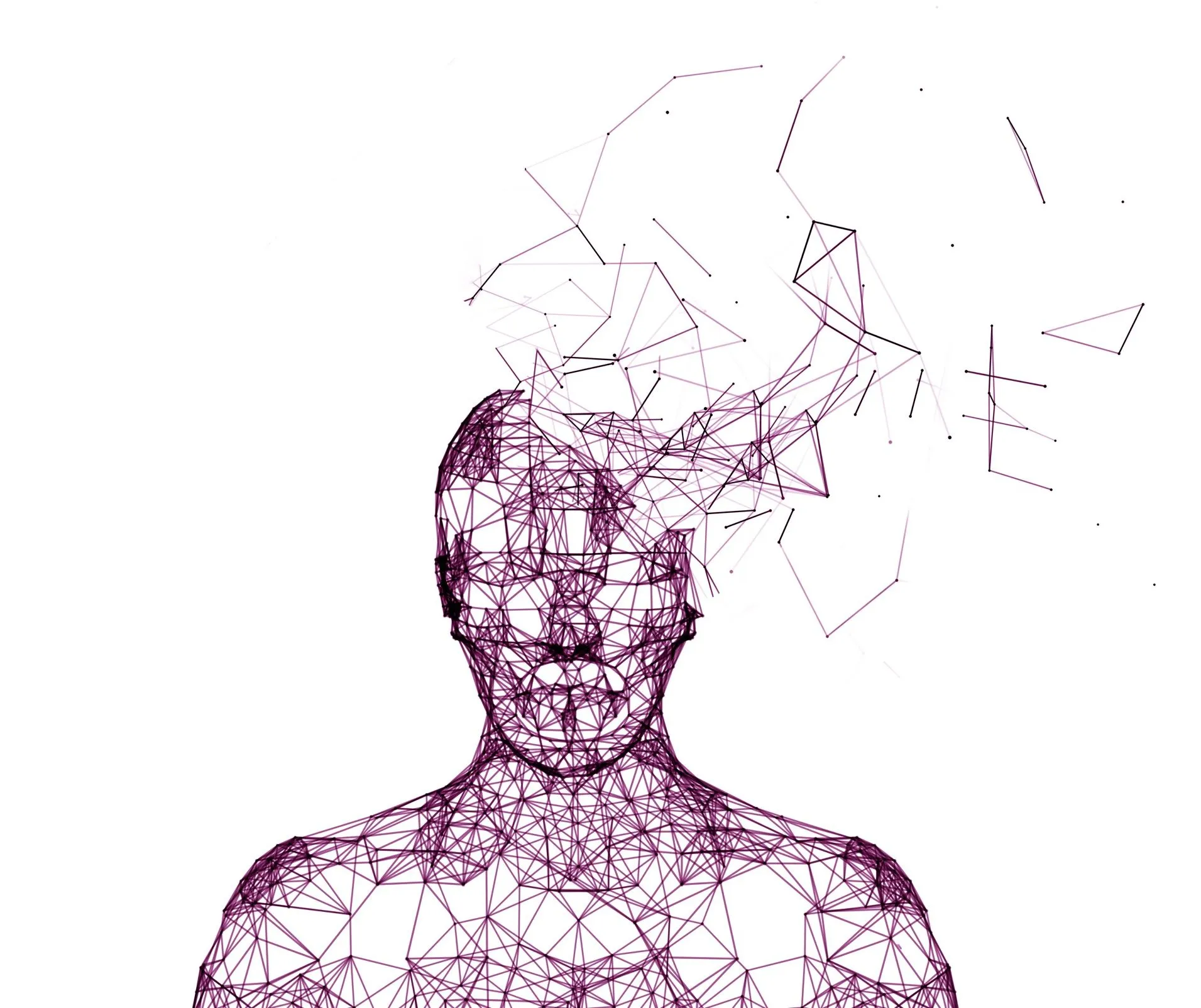Is ketamine safe?
Ketamine has been used safely as an anesthetic for over 50 years at doses much higher than we use at Feya Health.
As with any drug, if misused or abused, there can be risks associated with ketamine, but the harm to those who use it and the people around them is actually lower than other commonly used recreational drugs such as alcohol, tobacco and cannabis.
When taken infrequently under clinical supervision, the risks for addiction and adverse reactions are extremely low, and the potential for harm is greatly minimized.
How is ketamine taken at Feya Health?Based on regional regulations, clients will either consume a ketamine lozenge that dissolves under the tongue.
The medicine is prescribed and administered by a healthcare professional.
At Feya Health, our medical and therapeutic teams are there to support clients through their ketamine experience.
How does ketamine feel?A sense of sacredness, a deeply felt positive mood, a transcendence of space and time, and ineffability – the core components of a mystical experience – can all apply to a ketamine exploration. However, ketamine’s effect is highly personal and depends on a person’s mindset and the setting of their experience.
Generally, clients report:
- Sense of calm
- Feelings of awe or joy
- Tingling sensations
- Slightly elevated heart rate
- Altered sense of time and space
- In higher doses, reduced awareness of the physical body or “out of body” experience
The most common reported side effect is nausea, which is felt in less than 5% of people. To minimize this, we ask our clients to fast beforehand. We can also administer anti-nausea medication before and during your session to reduce any discomfort.
Other side effects, which are temporary and only arise in 10% of people, include:
- Headache
- Elevated heart rate
- Drowsiness, light-headedness, dizziness
- Increased blood pressure










